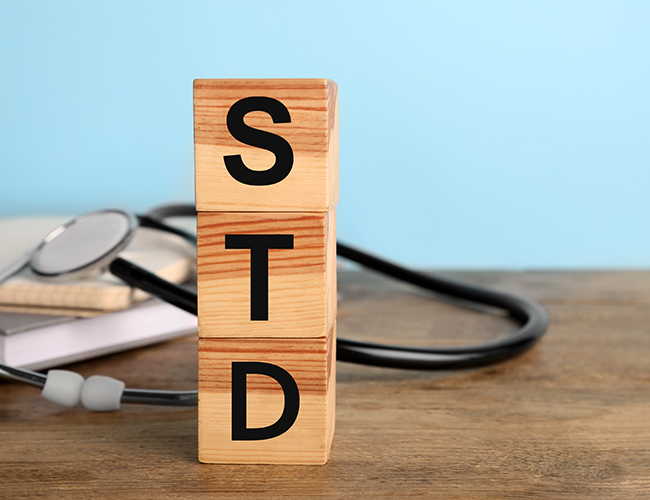1. If you have an STI, you’re not alone
Sexually transmitted infections (STIs), also referred to as sexually transmitted diseases (STDs), are “infections that can be caught or passed on when you have unprotected sex, or close sexual contact, with another person who already has an STI”, says the National Centre for Communicable Disease (NICD). So it is not necessarily only penetrative sex that will lead to an STD or STI.
The rate of infection with STIs is higher than you may think, as about one in five people globally have an STI. The World Health Organization (WHO) reports that one million STIs are acquired every day, and young people (between the ages 15 – 24) are particularly vulnerable to infection.
2. Some are incurable
Some STIs can be treated and cured, while others can be managed but not cured. The most common, curable STIs are:
- Chlamydia
- Gonorrhea
- Syphilis
- Trichomoniasis
On the other hand, the most common STIs that are not curable (but can be treated) are:
- Hepatitis B
- Herpes simplex virus (HSV)
- HIV
- Human papillomavirus (HPV)
3. Many STIs have no symptoms
According to the WHO, STIs are often asymptomatic, which means you can be infected with an STI and not show any indication of the infection (i.e., have no symptoms).
It also happens that infected individuals assume that a symptom they’ve noticed is not related to an STI, as STI symptoms can range from mild to severe and can affect various body parts. Many STIs can only be diagnosed with a blood test.
4. Even asymptomatic STIs are problematic
STI symptoms can take weeks to months, even years, to appear, meaning your internal organs could be suffering in silence. Untreated STIs can cause a number of health issues and potentially lead to the development of serious medical conditions.
It’s also important to know that because an STI weakens your immune system, you are more at risk of contracting another STI.
5. How you can prevent an STI?
It’s not all doom and gloom, though, when it comes to having fun between the sheets. The main thing is to be cautious and proactive in taking preventative measures.
To maintain your sexual health:
- Always use a condom for all types of sex
- Reduce the number of sexual partners you have
- Get tested regularly
- Speak to your doctor about relevant vaccinations
- Talk openly with your sexual partner about the preventative measures that work for both of you
If you have any more questions or would like to get tested, visit your nearest Clicks Clinic or book a consultation with a virtual doctor at https://bookings.clicks.co.za/booking/
IMAGE: 123rf.com

